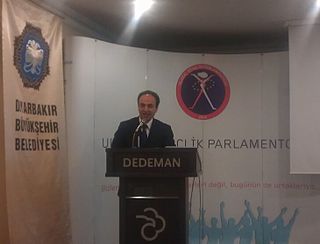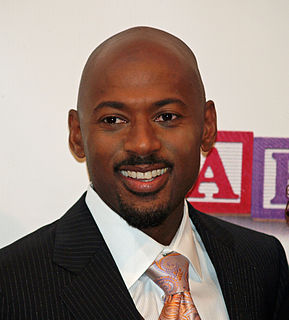A Quote by Lucy Worsley
If you lived in 18th-century England, you probably lived in a village, worked on the land, and your greatest fears were probably dying in a famine or of disease or in a war.
Related Quotes
I think Tom Paine is one of the greatest men that's ever lived. He lived in the 18th century; as you all know, he was an Englishman who was involved in the writing of American Declaration of Independence, the American Constitution, the French Constitution, wrote the great book called 'The Rights of Man' - commercial over.
The vast majority of those of Scots lineage living in the Ulster counties in the 18th century had come across, or their people had come across, in the 1690s. And they were victims of famine. Over that decade, 30000-50000 people were fleeing from that disaster. In terms of per capita loss, it was of the same order of magnitude as the Irish famine (of the 19th century).
I want the marginality to come into the center. This is the thing I was conscious of growing up, when I later lived in England. I saw all these war movies that came out shortly after the war, and they were all about the war being fought by Englishmen or Americans, there were no other "allies" in it - from India or Australia, etc.
What is a country? A country is a piece of land surrounded on all sides by boundaries, usually unnatural. Englishmen are dying for England, Americans are dying for America, Germans are dying for Germany, Russians are dying for Russia. There are now fifty or sixty countries fighting in this war. Surely so many countries can't all be worth dying for.
Compare the scale and magnifcence of Versailles with St James's - the brick-built hovel in which the 18th-century kings of England lived. What was then the most powerful monarchy in the world housed its sovereigns in a converted leper hospital, yet, at the same time, parliament provided the magnificent palaces of Chelsea and Greenwich as hospitals for retired soldiers and sailors.
In England, the population explosion can be linked very clearly with the enclosure of the commons that uprooted the peasants from their land. In India, it was the same thing: the population increased at the end of the 18th century when the British took over and Indian lands were colonized. Instead of the land feeding Indian people it started to feed the British empire. So we had destitution. Destitute people who don't have their own land to feed themselves can only feed themselves by having larger numbers, therefore they multiply. It's the rational response of a dispossessed people.
































